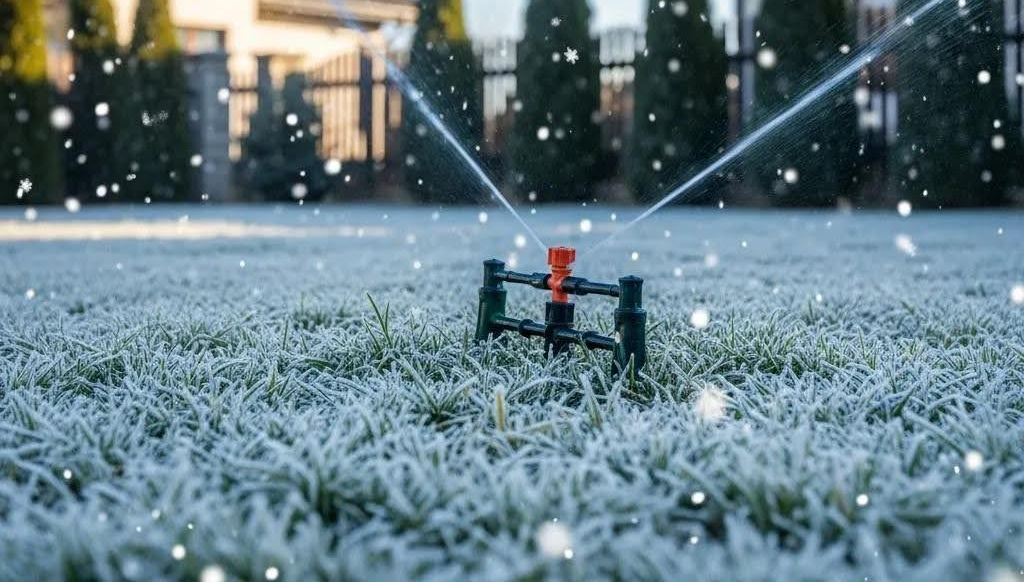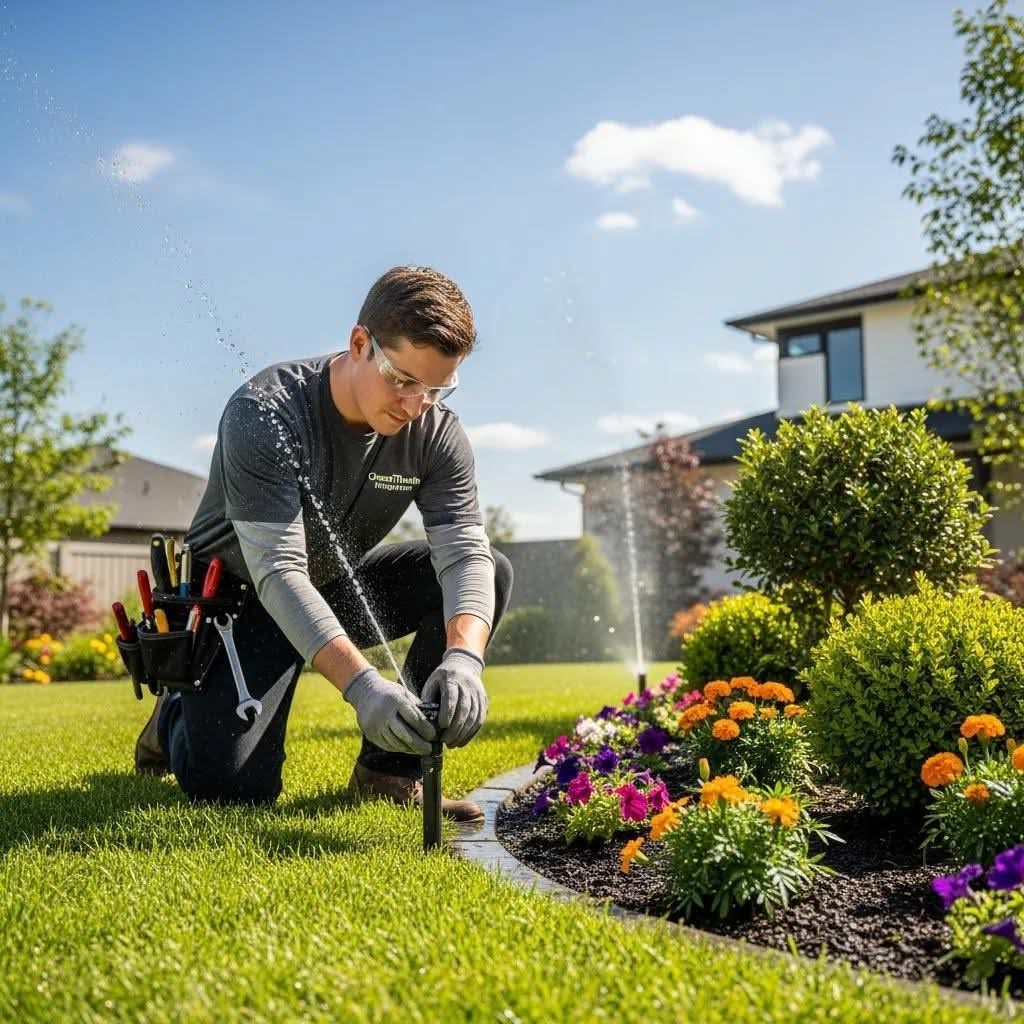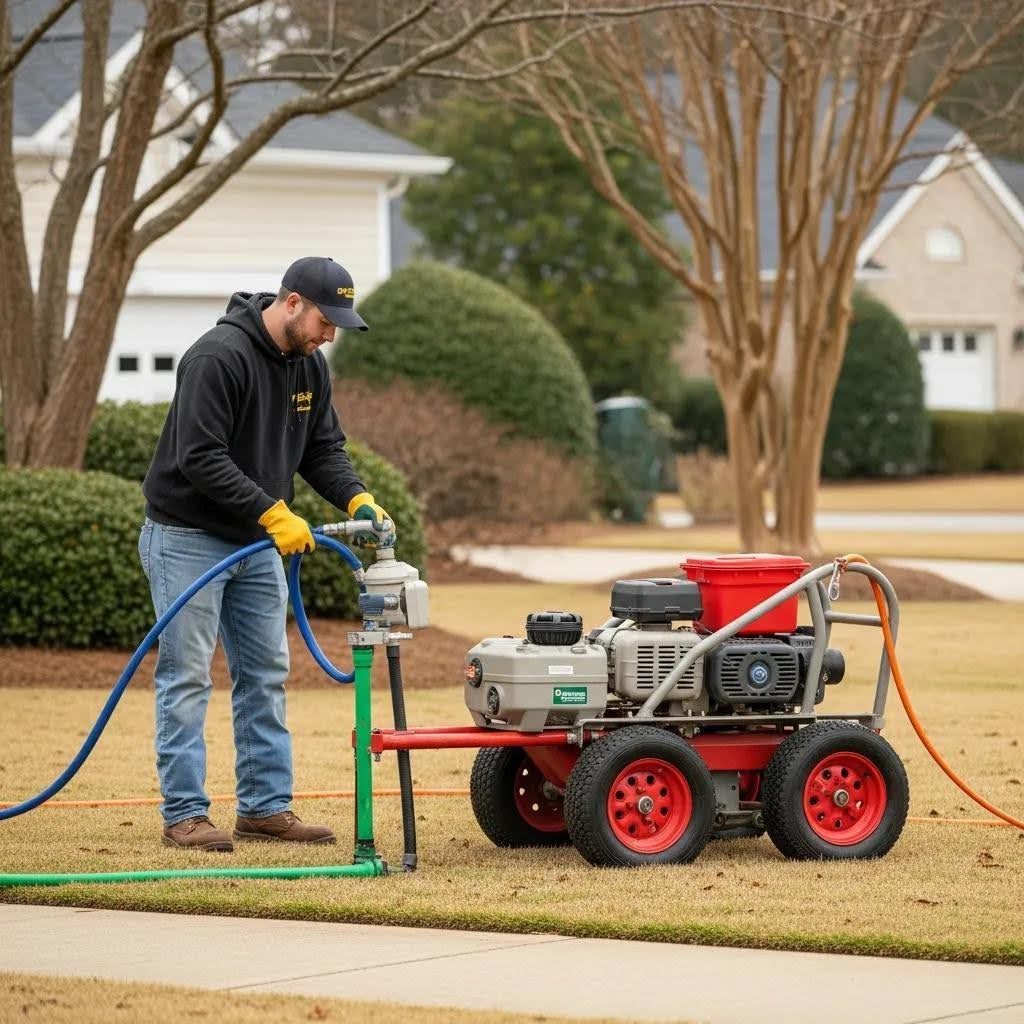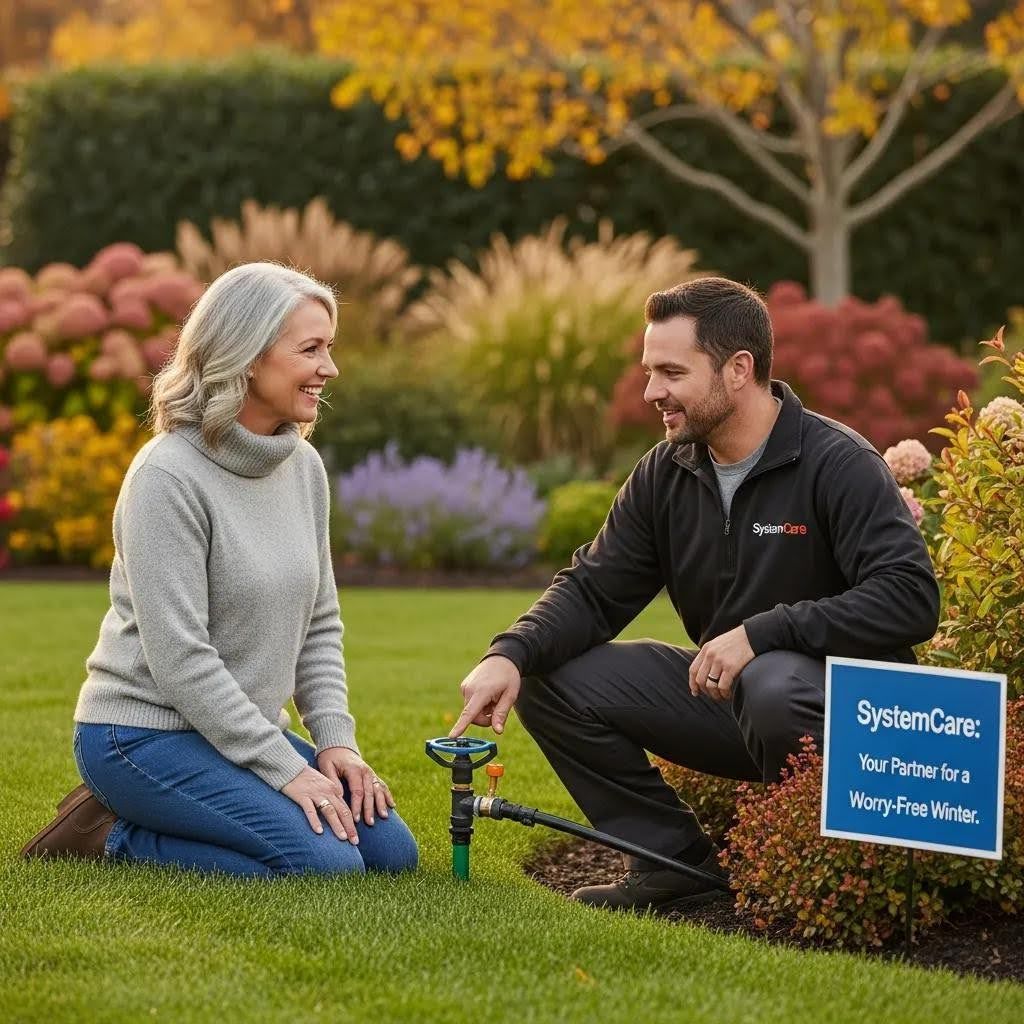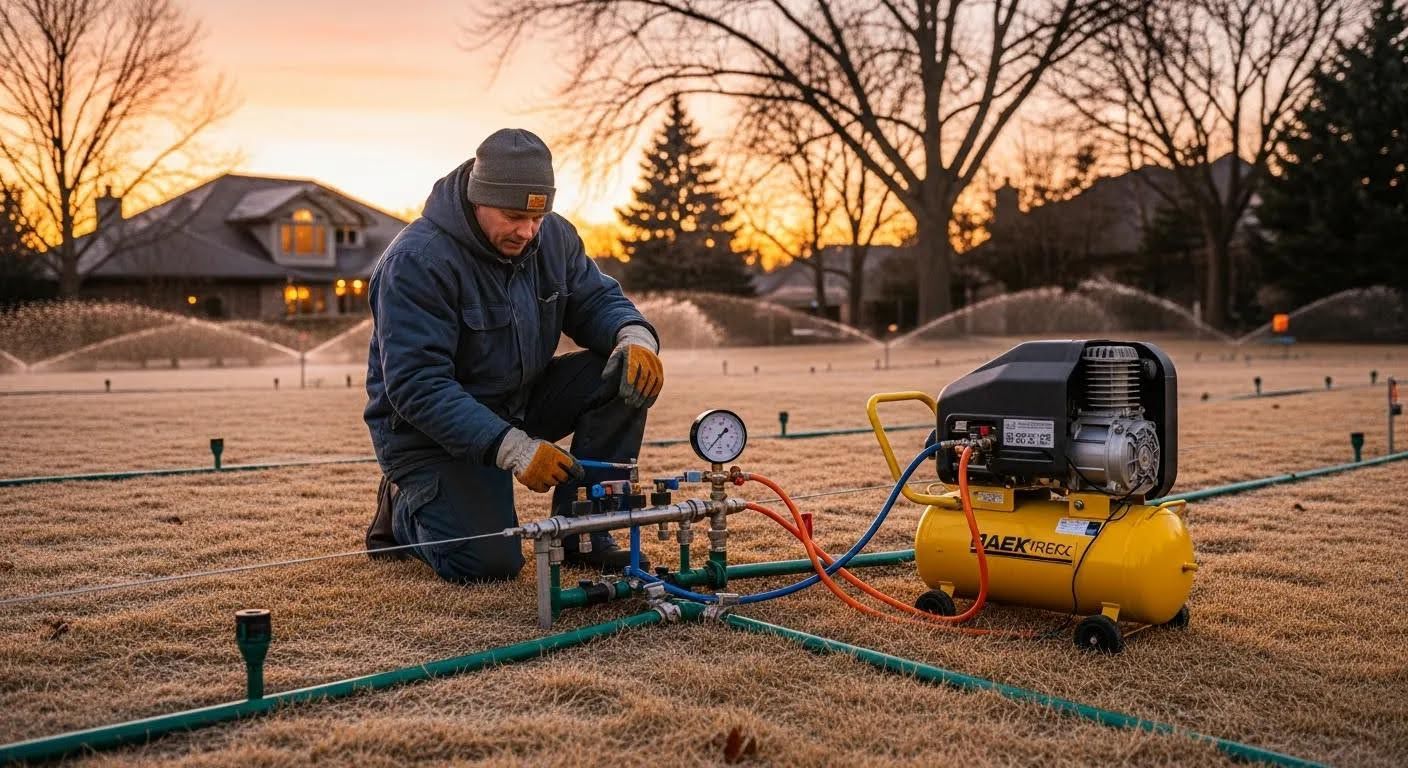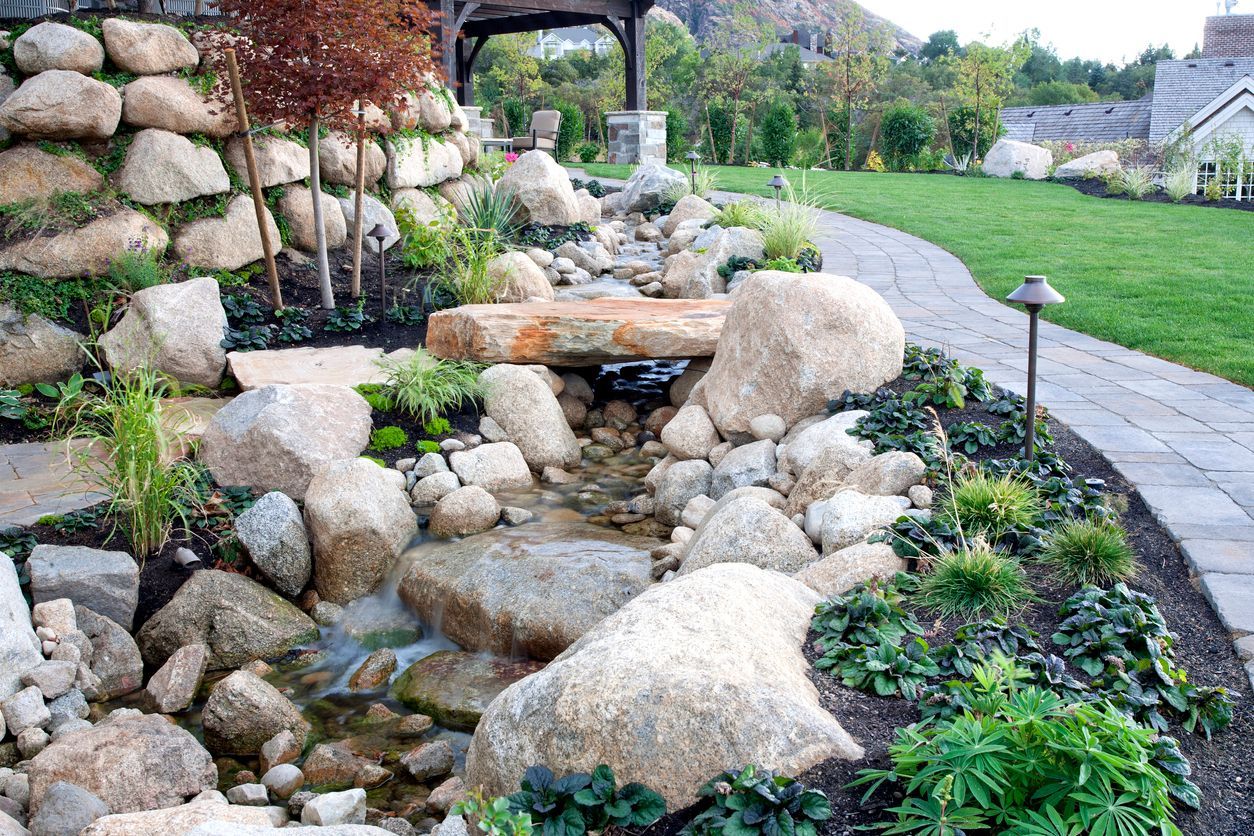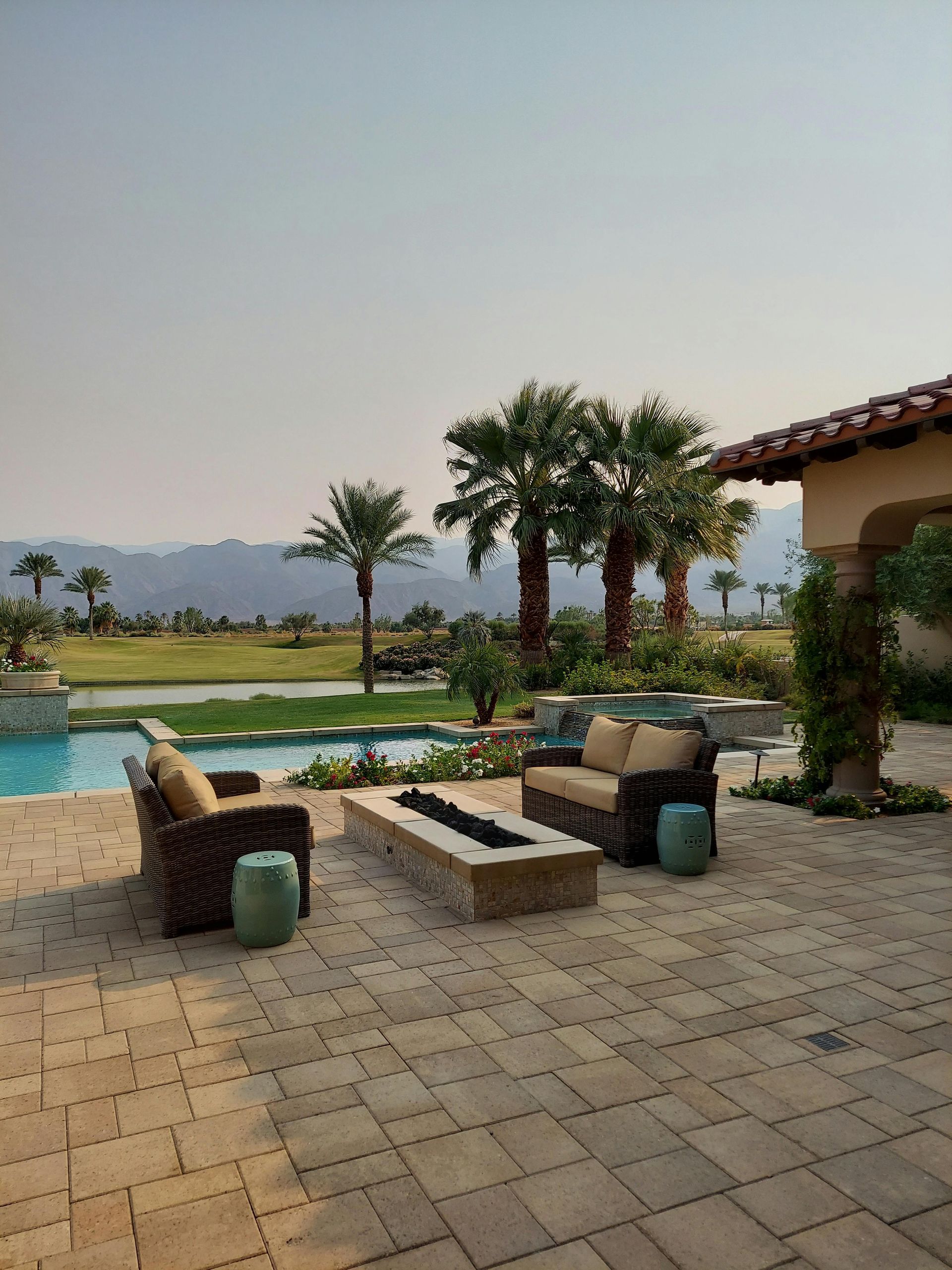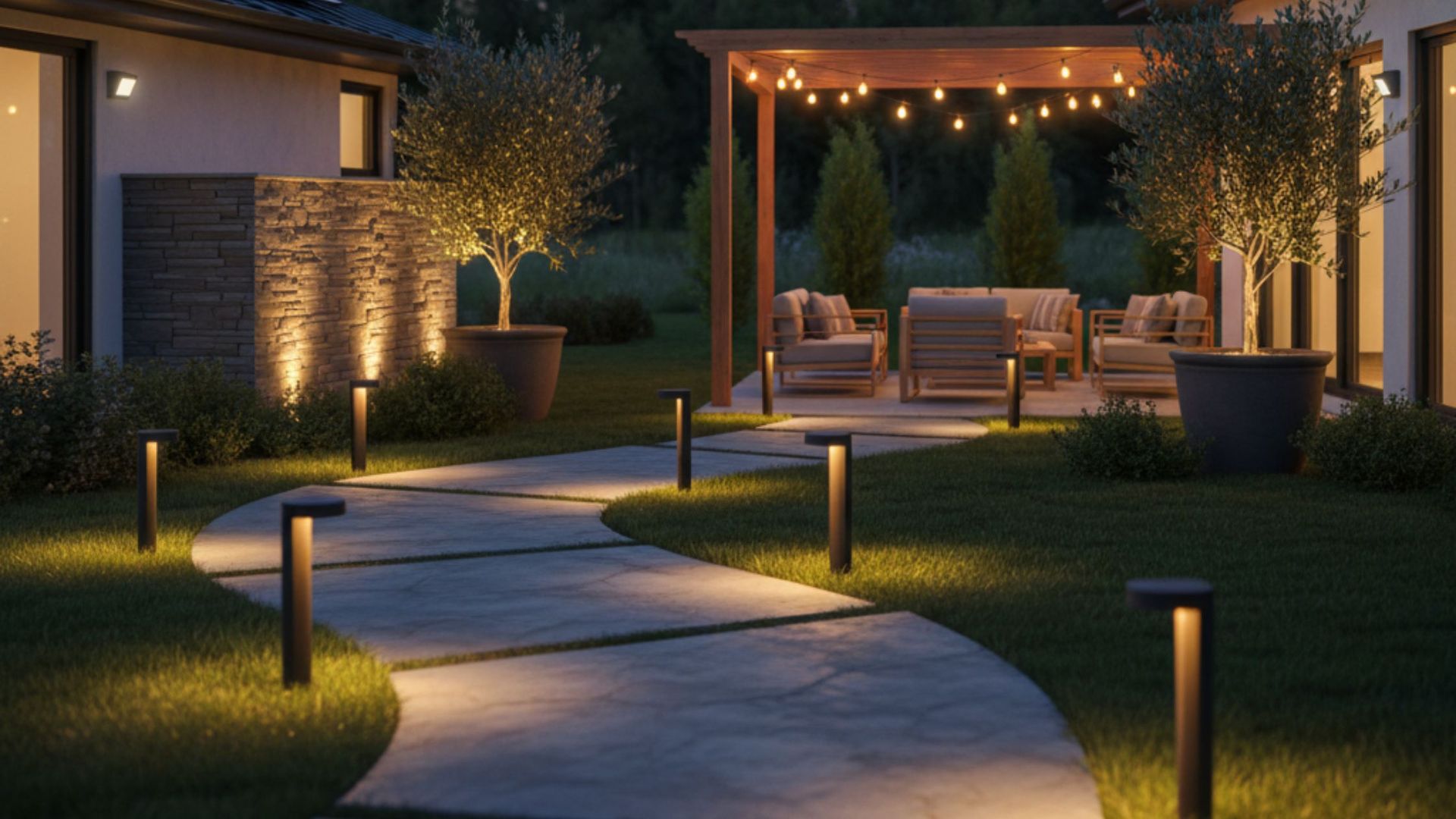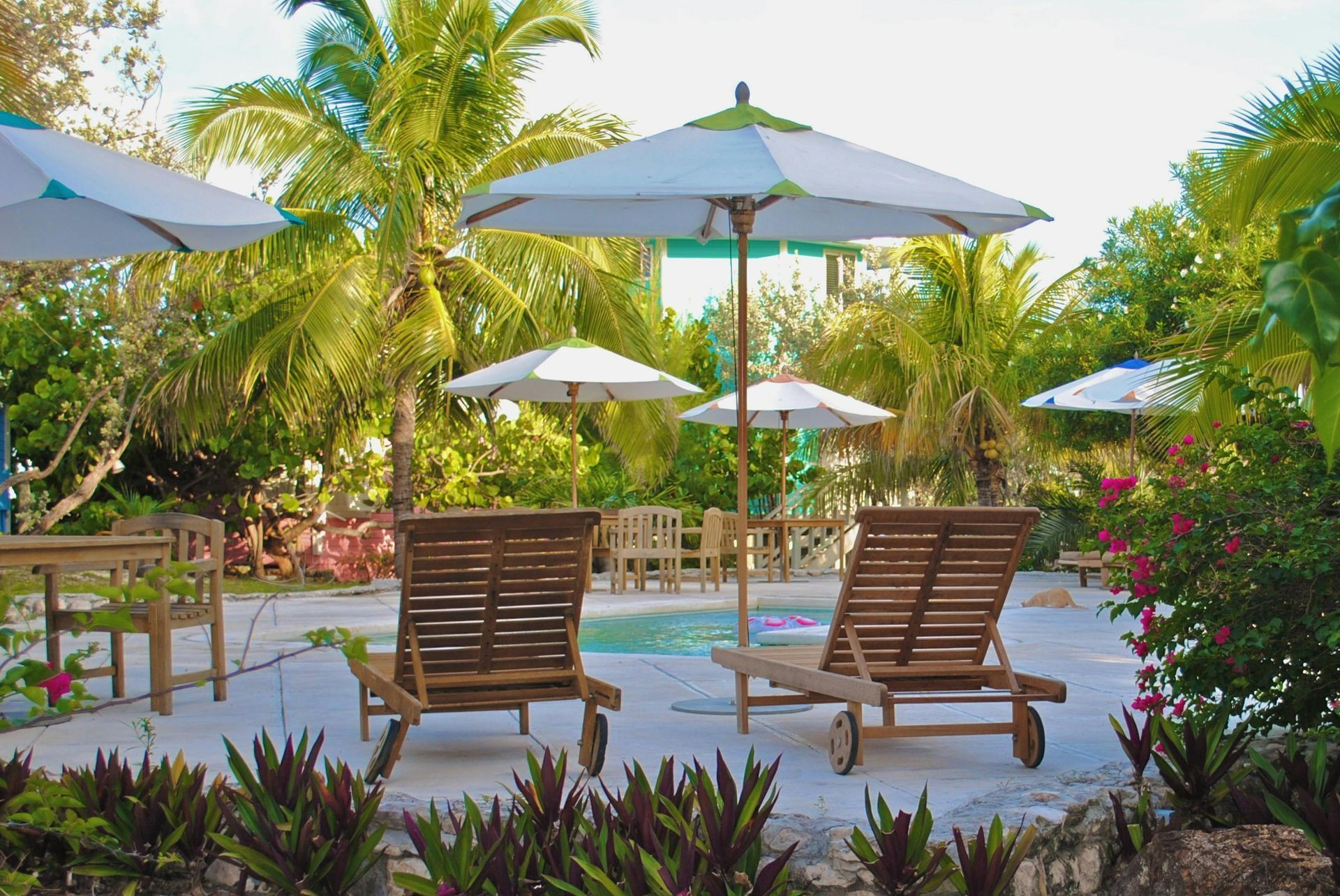What Are the Best Irrigation Solutions for Clay Soils in Hampton Roads?
Clay soils in Hampton Roads present unique challenges, from slow absorption to runoff risks during heavy coastal storms. An effective irrigation strategy must account for hydraulic conductivity, soil structure, and seasonal rainfall patterns common to Virginia Beach, Chesapeake, and Norfolk. Homeowners and property managers rely on moisture sensors, smart controllers, and precision drip emitters to balance water delivery with conservation. With decades of experience in soil science, landscape contractors are integrating technologies like Hunter Hydrawise smart controllers and pressure-reducing valves to automate watering cycles based on real-time evapotranspiration data. Irrigation Company Hampton Roads specialists recommend combining deep watering techniques VA with organic matter soil amendments to improve percolation and root development in clay-rich plots.
How do you irrigate based on soil type?
Irrigating according to soil texture is the cornerstone of a resilient landscape. Sandy loam, silty sites, and clay soils all demand distinct watering regimens to prevent over- or under-watering. In well-drained sandy soils, quick, frequent cycles maintain moisture at root depth without oversaturating neighboring zones. Conversely, clay’s slow absorption soil profile mandates extended watering durations at low flow rates, often delivered via soaker hoses or drip irrigation. These methods direct water precisely into the root zone, limiting surface evaporation and reducing the likelihood of erosion or runoff prevention Hampton Roads initiatives failing under heavy rainfall.
Gardeners installing PVC pipe watering systems can position perforated distribution pipes at strategic depths, ensuring slow percolation through compacted clay layers. Incorporating soil moisture probes allows for data-driven irrigation schedules that react to real-time moisture deficits rather than fixed timers. Seasonal adjustments are crucial: spring’s frequent light rains reduce watering needs, while summer’s heat spikes and prolonged dry spells call for deeper, less frequent sessions. By tailoring irrigation to soil type, properties from Suffolk to Portsmouth achieve healthier turf and plantings with lower water bills.
Even when homeowners encounter slow absorption soil across Norfolk neighborhoods, they turn to Irrigation Company Hampton Roads for tailored solutions.
How can an Irrigation Company Hampton Roads optimize deep watering techniques VA for clay soils?
Irrigation Company Hampton Roads experts begin by evaluating site-specific conditions, including clay content, slope, and exposure to salt spray in coastal zones. They recommend deep watering techniques VA that saturate soil to a depth of 8–10 inches using low-output drip emitters positioned near the root balls of shrubs and trees. This encourages roots to grow downward into more stable soil strata, increasing drought resilience and reducing surface compaction common in high-traffic lawns.
Zone controllers equipped with real-time weather station integration adjust run times automatically, preventing excess moisture buildup that can lead to fungal pathogens or runoff. Paired with rain sensors, these systems pause irrigation during precipitation events, supporting regional runoff prevention Hampton Roads mandates. Professionals also advise on soil amendment practices—incorporating compost or biochar at planting time to boost soil structure and hydraulic conductivity. Over time, the clay transitions into a more friable medium, allowing water to infiltrate faster and plants to access nutrients suspended in the soil matrix.
Commercial and residential clients often seek the Best Irrigation Company in Hampton Roads to combine these deep watering strategies with ongoing system maintenance.
What emitter should I use if I have clay soil?
Selecting the right drip emitter is vital for maximizing water use efficiency in clay soils. Low-flow options such as the Woodpecker Emitter (0.5 GPH) or pressure-compensating disc emitters deliver a consistent, gentle trickle that prevents pooling. For larger plantings and row crops, Aqua-Traxx emitter tubing with closely spaced 8-inch emitters ensures uniform moisture distribution across the bed, minimizing dry spots and erosion.
Clogging risks are higher in clay environments due to fine particles and organic debris. Incorporating inline filtration and flush valves in the mainline reduces maintenance and extends emitter life. Some irrigation consultants recommend adding acidified flush cycles to dissolve mineral buildup. Combining drip tape with manual or automatic flush routines provides a low-maintenance solution, even on properties with moderate to heavy clay content. These precision irrigation techniques also pair well with smart valves and remote diagnostics, allowing technicians to verify emitter performance without on-site visits.
Budget-conscious homeowners often consult an Irrigation System Cost Guide to plan their investments in drip technology and smart controllers.
Does heavy clay soil dry out quickly?
Heavy clay soil actually retains water longer than sandy counterparts, but the top inch may appear dry due to capillary draw and surface evaporation. Clay’s fine particles create negligible macropores, restricting vertical drainage and causing moisture to spread laterally. The result is a tight boundary between wet and dry zones, which can mislead growers into over-watering the surface while roots remain adequately hydrated.
Using soil moisture sensors at multiple depths helps distinguish between surface dryness and root-zone saturation. Automated controllers linked to these probes deliver water only when deeper sensors detect a threshold below field capacity. Combining this data with local evapotranspiration (ET) rates, drawn from nearby coastal salinity & irrigation systems research, ensures accurate water replacement. Over several seasons, proper calibration transforms heavy clay beds into consistently irrigated landscapes, where stress-tolerant grasses and native plantings thrive without waterlogging.
Landscape architects addressing ocean-side properties in Virginia Beach turn to Coastal Salinity & Irrigation Systems specialists to mitigate salt intrusion and maintain soil health.
Who is Hampton Roads irrigation & landscape?
Residents and businesses in Williamsburg, Yorktown, and Suffolk frequently encounter the name Hampton Roads irrigation & landscape for comprehensive irrigation design and landscaping services. With over 20 years of service in the region, this firm has built a reputation for integrating water-efficient systems—like smart controllers, drip irrigation, and weather-adaptive programming—with sustainable landscape practices. Their certified technicians handle everything from initial site assessment and hydraulic calculations to backflow preventer installation and seasonal maintenance.
Each project begins with a detailed soil analysis, often including pH testing, soil texture classification, and nutrient profiling. By incorporating best practices like proper slope grading and grading & sod recommendations, the team ensures water moves through clay soils effectively while reducing runoff. Clients also benefit from transparent financing options, system care plans, and ongoing support, reinforcing the company’s commitment to environmental stewardship and customer satisfaction.
To get started on a custom irrigation plan, homeowners can simply Contact us for a free estimate or to schedule an irrigation system audit.
Should I irrigate my garden based on soil type?
Absolutely—effective irrigation always considers soil type first. Clay, sandy, loamy, and silty soils each respond differently to water application rates and frequencies. For instance, beds with amended loam may require less frequent runs than pure clay plots but more than sandy sections. Ignoring these distinctions invites plant stress, disease outbreaks, and wasted water.
A holistic irrigation strategy layers technology—drip lines, soaker hoses, and smart valves—with cultural practices such as mulching, cover cropping, and organic matter incorporation. Mulch reduces surface evaporation, while cover crops protect against soil compaction, improving infiltration when irrigation triggers. Paired with moisture-sensing controllers and zone-based scheduling, gardeners maintain optimal moisture levels across diverse soil conditions in Hampton Roads.
For more details on how this integrated approach works, visit Hampton Roads Irrigation & Landscape website to explore services and case studies.
Conclusion
Clay soils demand irrigation solutions that respect their slow infiltration rates, high water retention, and susceptibility to compaction. By deploying drip irrigation, precision emitters, moisture sensors, and smart controllers, landscapes from Newport News to Portsmouth flourish with minimal waste. Slow absorption soil conditions transform from a challenge into an opportunity for deep root development, improved drought resilience, and reduced runoff prevention Hampton Roads concerns. Engaging an experienced Irrigation Company Hampton Roads ensures professional site analysis, tailored system design, and ongoing support for sustainable, lush lawns and gardens. Trust Hampton Roads Irrigation & Landscape to deliver cutting-edge irrigation solutions that honor local climate patterns, soil science, and environmental guidelines. Contact us today to elevate your landscape with technology-driven, eco-friendly irrigation.
Frequently Asked Questions
How do you irrigate based on soil type?
Irrigation strategies begin with soil texture assessment. Sandy soils use frequent, light watering to match high drainage, while clay soils require slow, deep watering to prevent runoff and encourage root penetration. Automated moisture sensors and zone controllers adapt water delivery based on real-time soil moisture and ET rates.
What emitter should I use if I have clay soil?
Low-flow, pressure-compensating emitters like the Woodpecker Jr. (0.5 GPH) or 1 GPH disc emitters minimize pooling and ensure uniform wetting in clay soils. Drip tapes with closely spaced 8-inch emitters or soaker hoses are also effective for larger beds, provided inline filtration is installed to prevent clogging.
Does heavy clay soil dry out quickly?
Clay soil retains moisture longer than sandy soils but often appears drier at the surface due to limited capillary action. Installing soil moisture probes at multiple depths clarifies true moisture levels, guiding precise irrigation to maintain root-zone hydration without oversaturating the top layer.
Who is Hampton Roads irrigation & landscape?
Hampton Roads Irrigation & Landscape is a 20-year-old local leader in eco-friendly irrigation and landscaping services. They specialize in automated systems, backflow prevention, system care plans, and water-efficient design tailored to the unique conditions of coastal Virginia.
Should I irrigate my garden based on soil type?
Yes. Tailoring irrigation to soil type—clay, loam, sand, or silt—prevents plant stress and conserves water. Integrating drip irrigation, smart controllers, mulch, and cover crops creates resilient, healthy landscapes that thrive under local Hampton Roads conditions.
